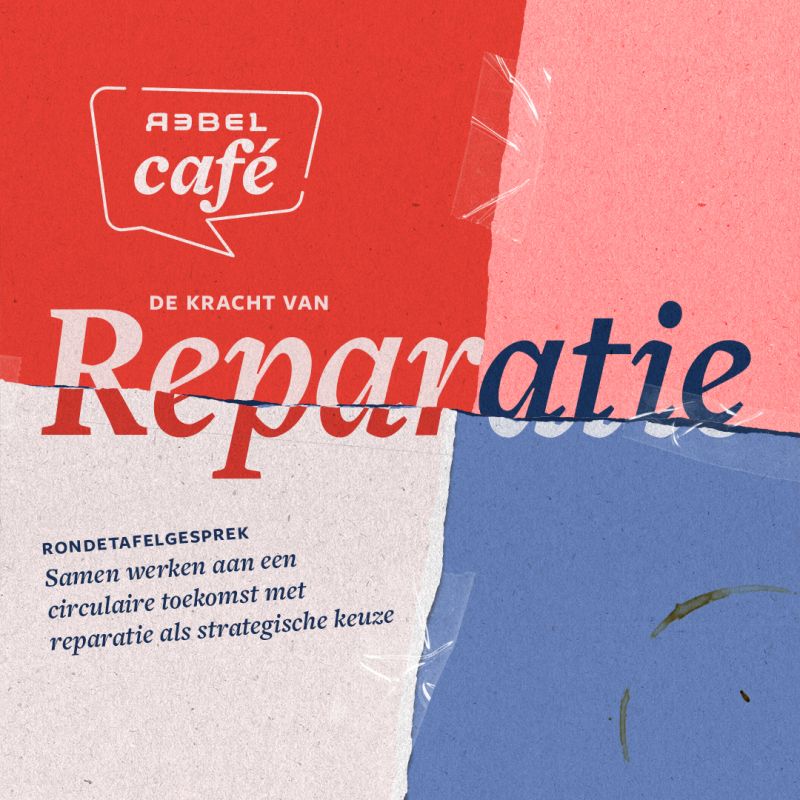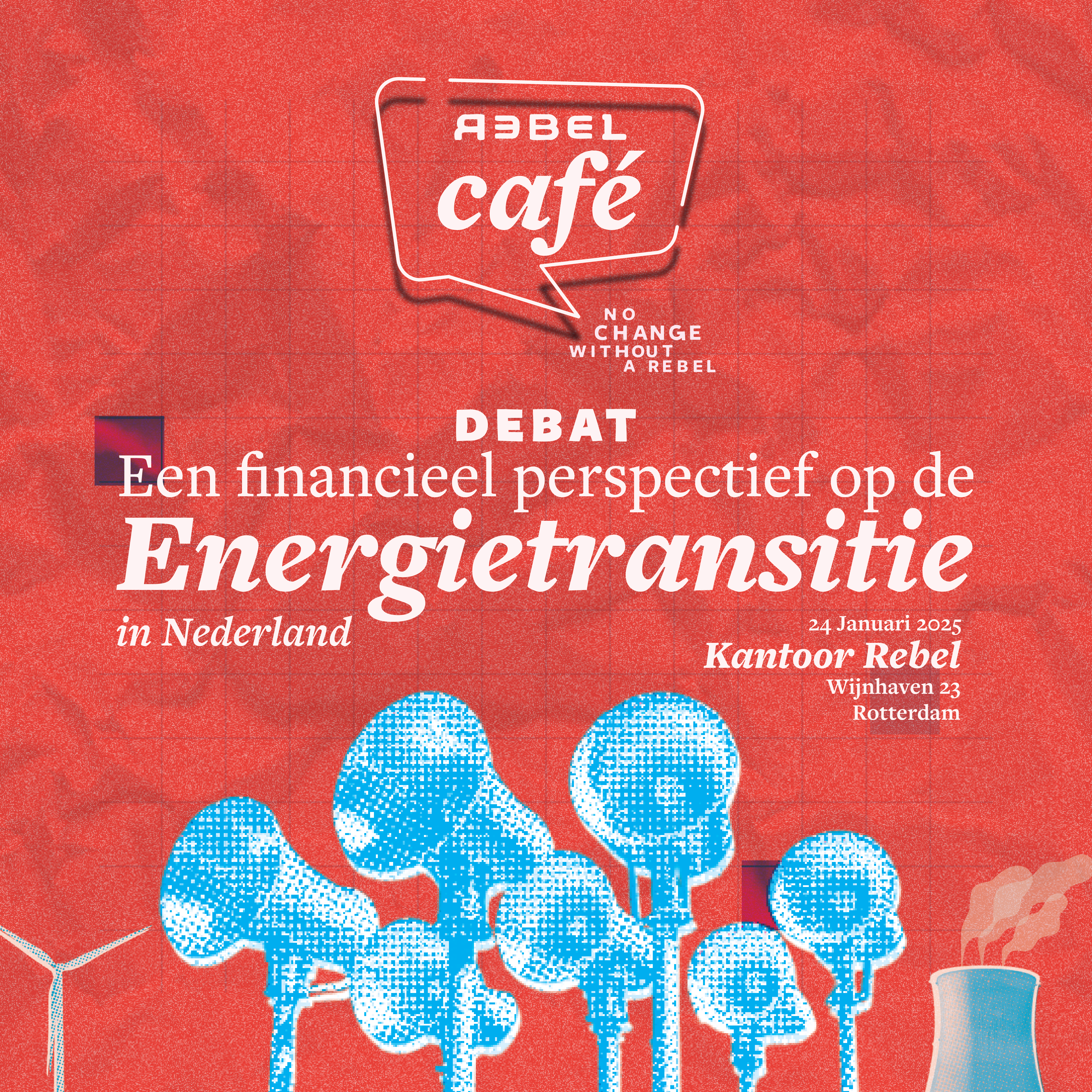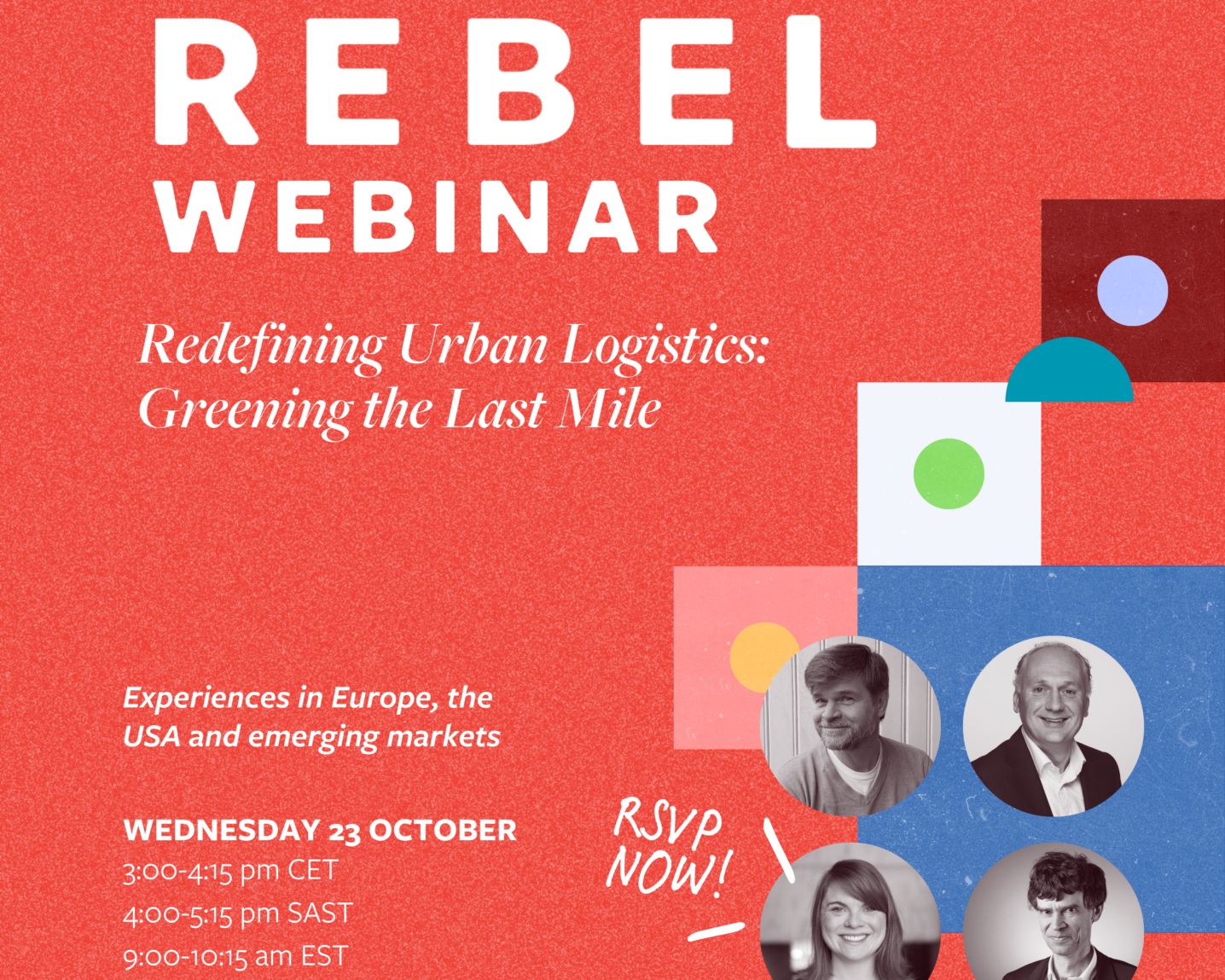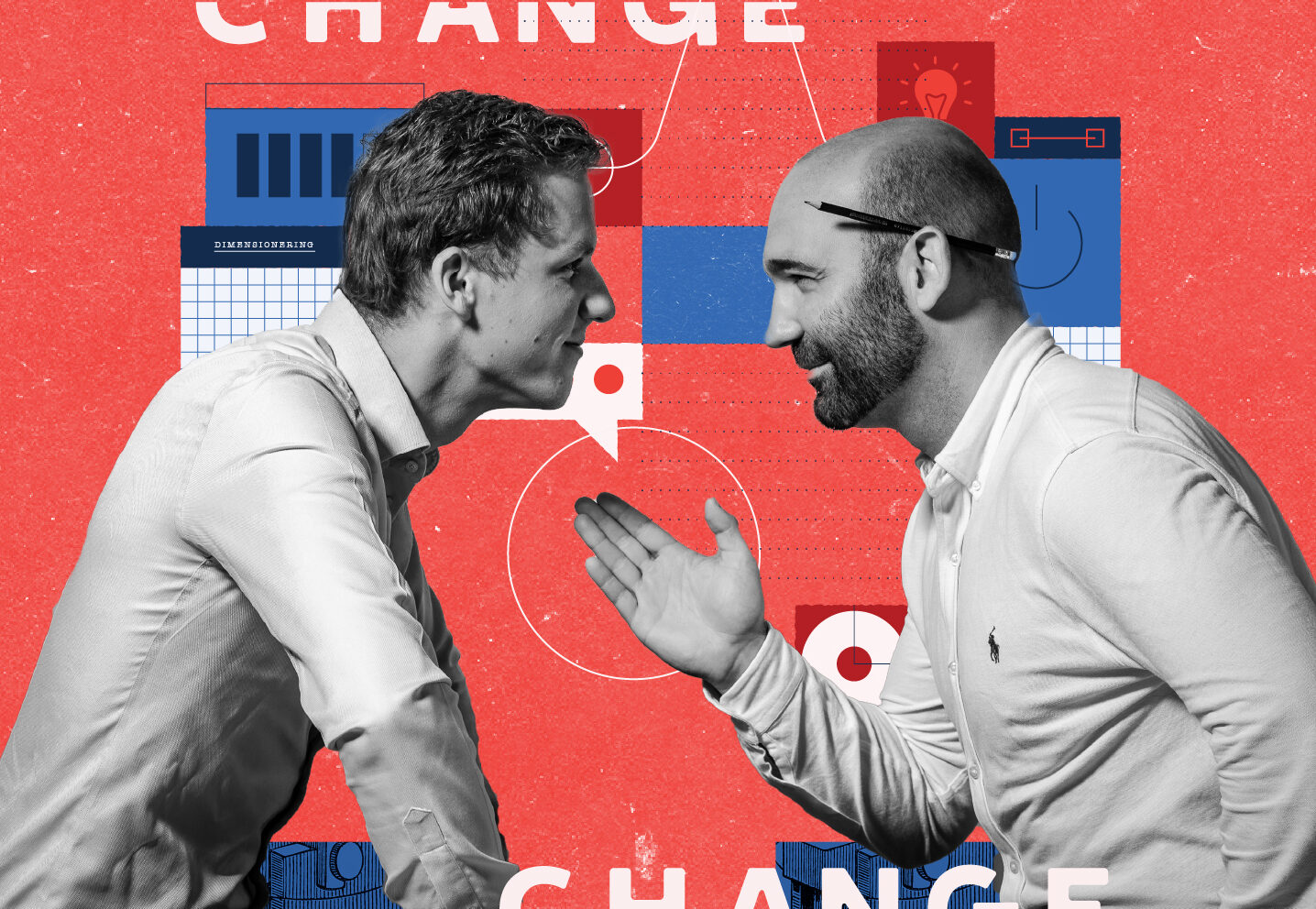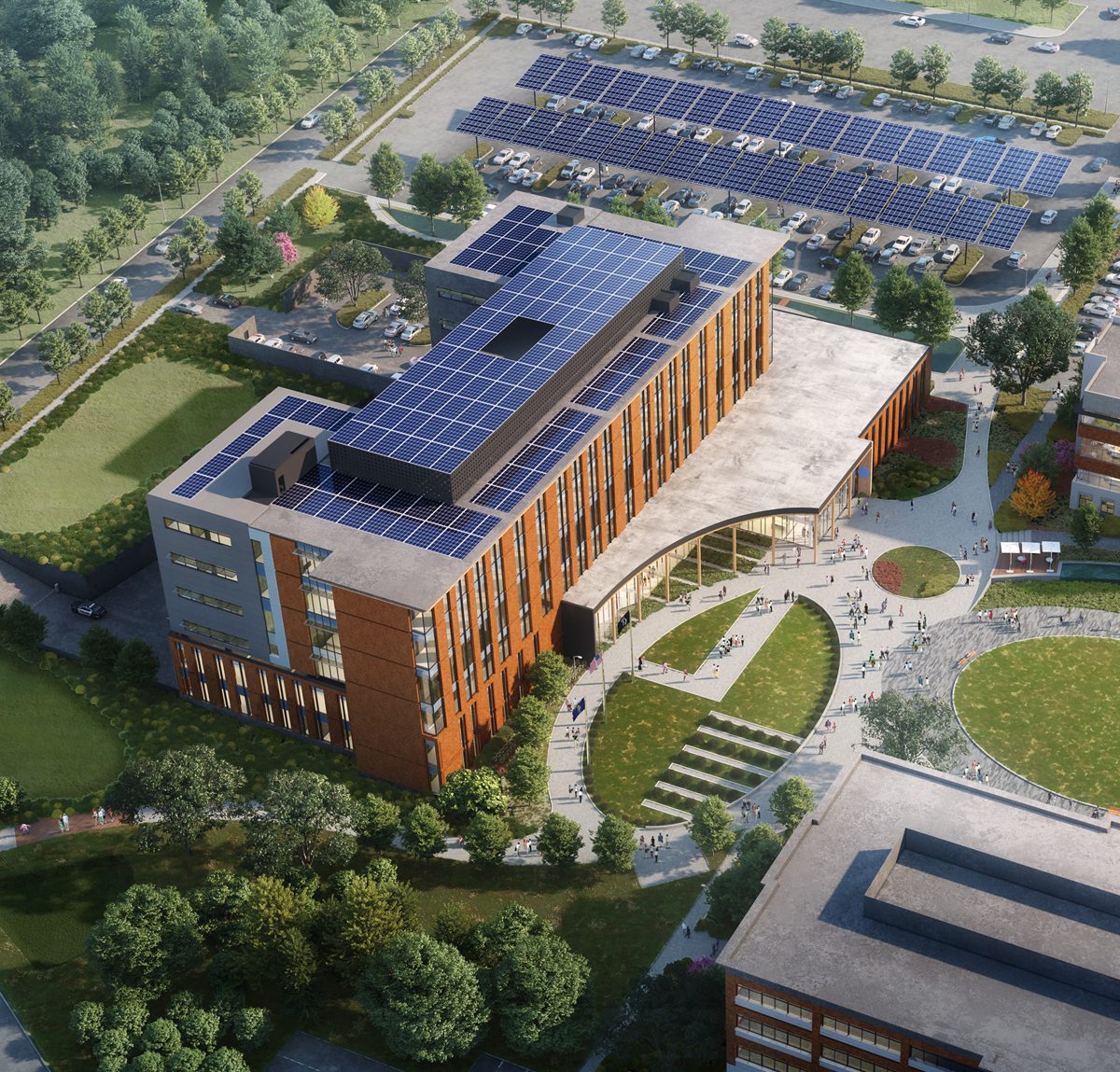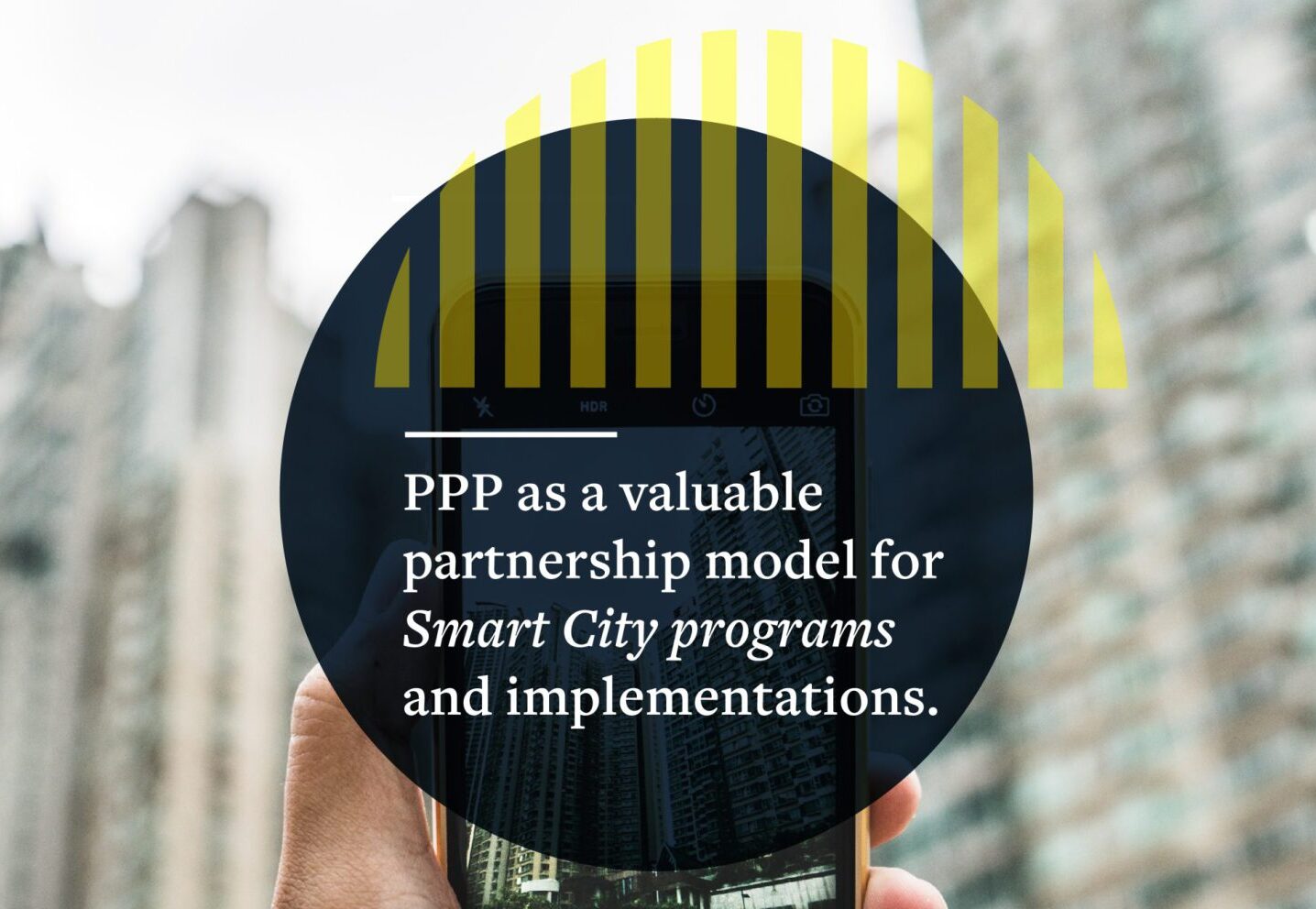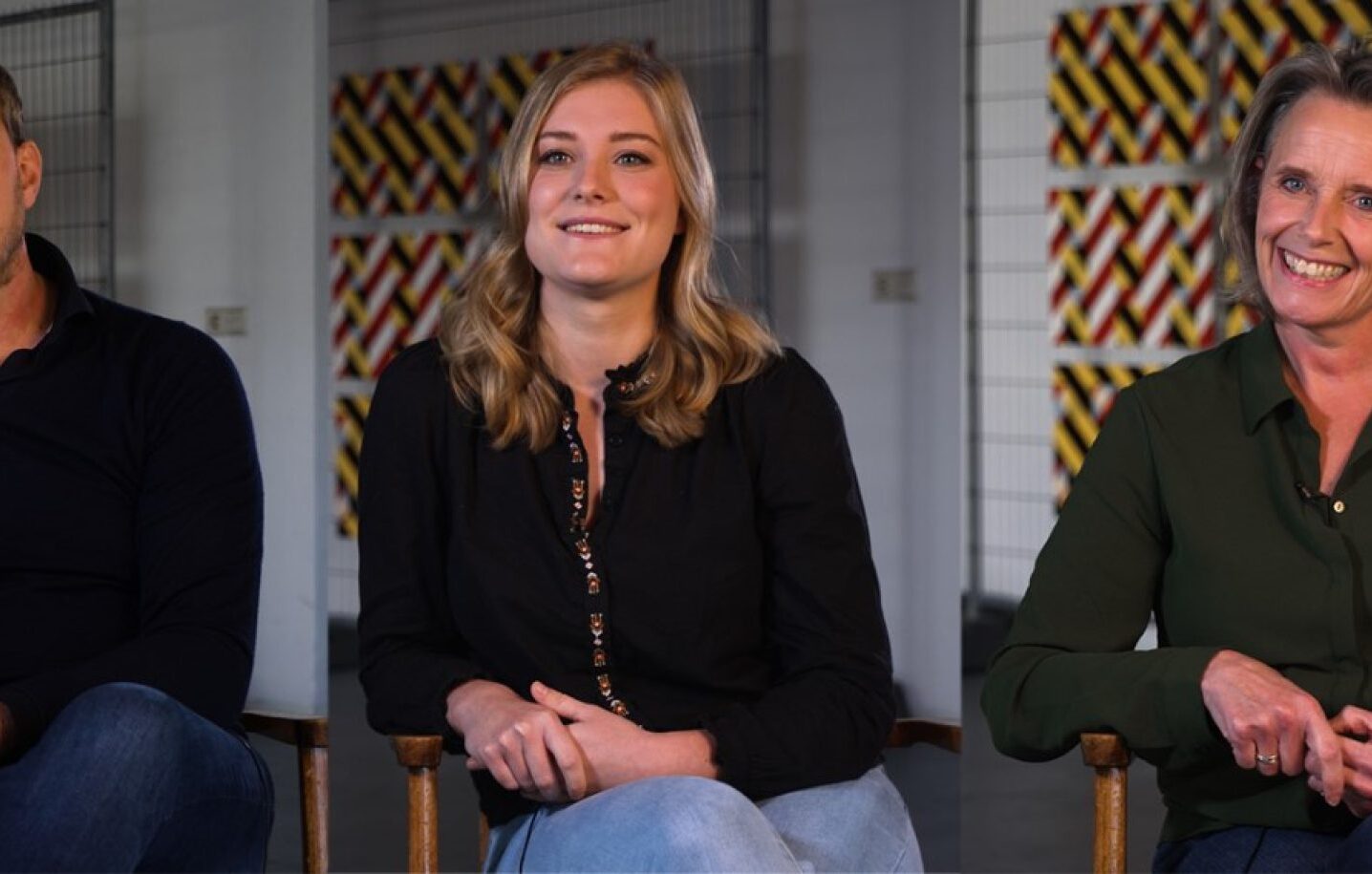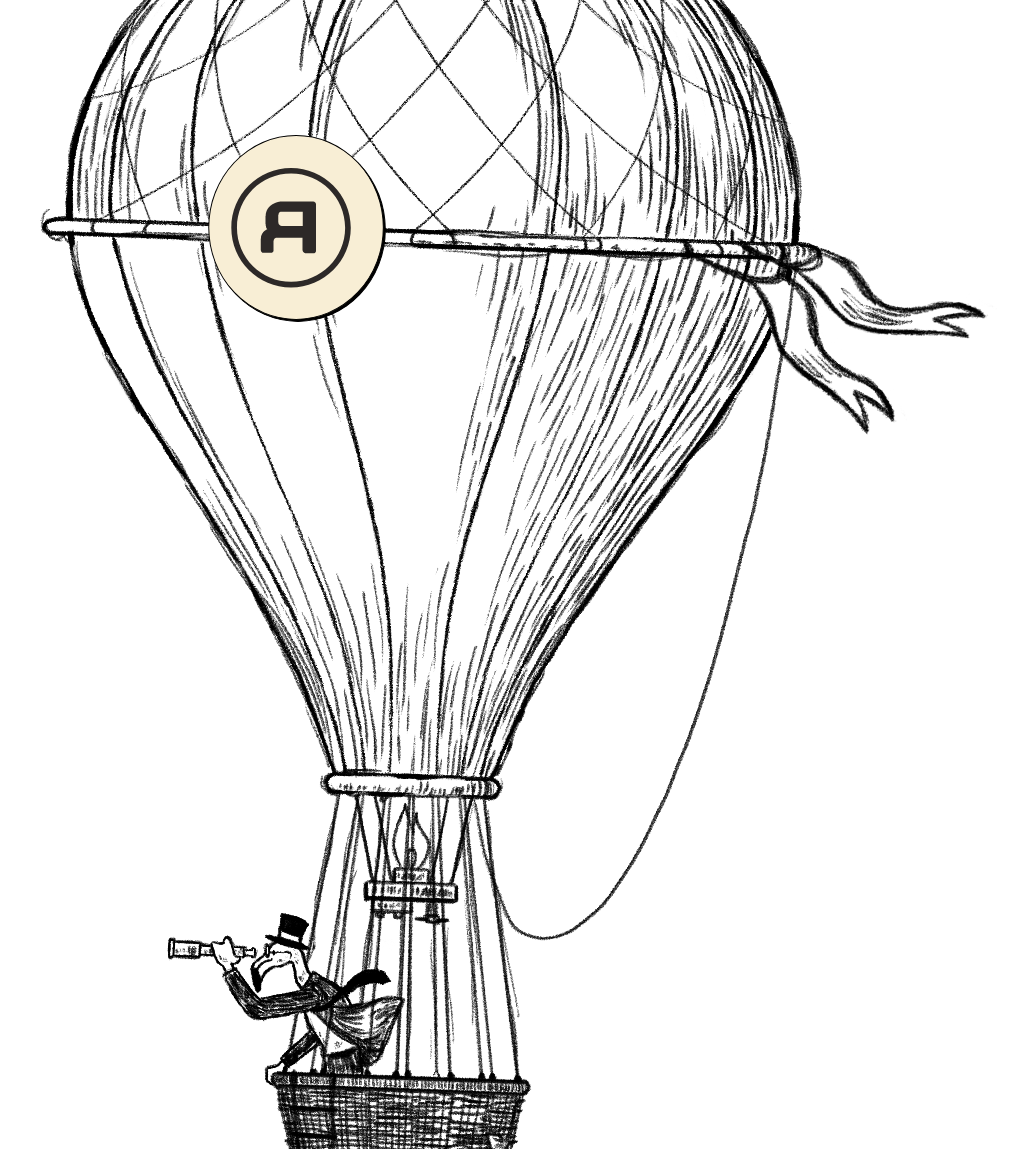Campaign archive


On Monday, October 13, we will be hosting a very special edition of Rebel Café in collaboration with MVO Nederland. Students from De Theaterhavo/vwo will perform their one-act play “Fast Fashion”, offering a creative perspective from the youth on how the two sides of the fast fashion industry exist in such stark contrast.
After the performance, we will hold an in-depth discussion about fast fashion in the theater, followed by a networking reception in the theater foyer.
On Tuesday, March 11, we explored the world of repair: the opportunities, challenges, and practical tools to make repair a serious part of the circular economy. Does repair primarily serve social goals, or does it have serious commercial potential? How do we get consumers and entrepreneurs excited? And does legislation help advance repair, or does it mainly pose an obstacle?
We kicked off the first edition of Rebel Café on Friday, January 24, with a lively debate on building a sustainable energy system in the Netherlands, focusing on nuclear power and offshore wind. We explored the costs and role of nuclear energy, the roadmap for wind at sea, and the latest developments in energy storage, sparking an engaging discussion among participants.
A scrappy, bootstrapping lean startup micro-enterprise that was going to be the opposite of a ‘big bureaucratic consulting firm’. This perhaps best describes Rebel South Africa at its inception. Now, ten years later, Rebel’s Johannesburg office employs eight people and is placed firmly among Africa’s economic advisories. Time for the Rebels to look back on big wins, major hurdles, and formative moments.
In a stimulating, interactive game, participants tackled issues related to the recycling of plastics, the repair of furniture, and the reuse of cups. Together with our experts in areas such as transition management, environmental impact analyses, business cases, circular procurement, stakeholder management, and policy, they developed educational case studies. It turned out to be an inspiring afternoon, filled with the exchange of fresh ideas for achieving a circular economy.
Rebel is working on the circular economy! It sounds like a celebration, but it’s a necessity. It’s a necessity because, as everyone knows, the world is not doing well. The way we, as humans, handle our resources is destructive and needs to change. Rebel is committed every day to putting the circular economy into practice.
Rebel wants to make an impact. That’s why Rebel Finance & Transactions primarily works with the private sector. Because there, we can initiate and complete projects in a short time. At the same time, our projects almost always involve the public sector. This is also true for sustainable energy storage—typically something driven by policy and executed by the private sector.
We are positioned in between.
At Rebel, we provide clients with better solutions. We bring new insights and unravel the complex reality, so we can together create better policy. We structure existing knowledge and introduce new knowledge. Because it’s about what works— not just on paper, but also in practice: for the people who matter.
How do you reach financial close for a significant P3 project amid turbulent financial and construction markets? The closing of the Clackamas County Circuit Courthouse Public-Private Partnership (P3) Project proves that it is possible. The project represents a momentous achievement in the P3 industry in the US.
Traditional city planning is characterized by isolated functional and sectoral silos, based on static data and information, and limited interaction with city stakeholders and users. But how do you move away from the traditional city planning approach and shift your focus towards what citizens, businesses and civil societies need?
How can we do it better? That’s the question with which team Rebel Strong Society begins every project. Social issues can be quite complex. Collaborating among different stakeholder groups doesn’t always happen naturally. As advisors, we see it as a challenge to bring the right parties to the table nonetheless.
Hear it directly from Rebels Nathalie, Wouter, and Lisette in these interviews.

